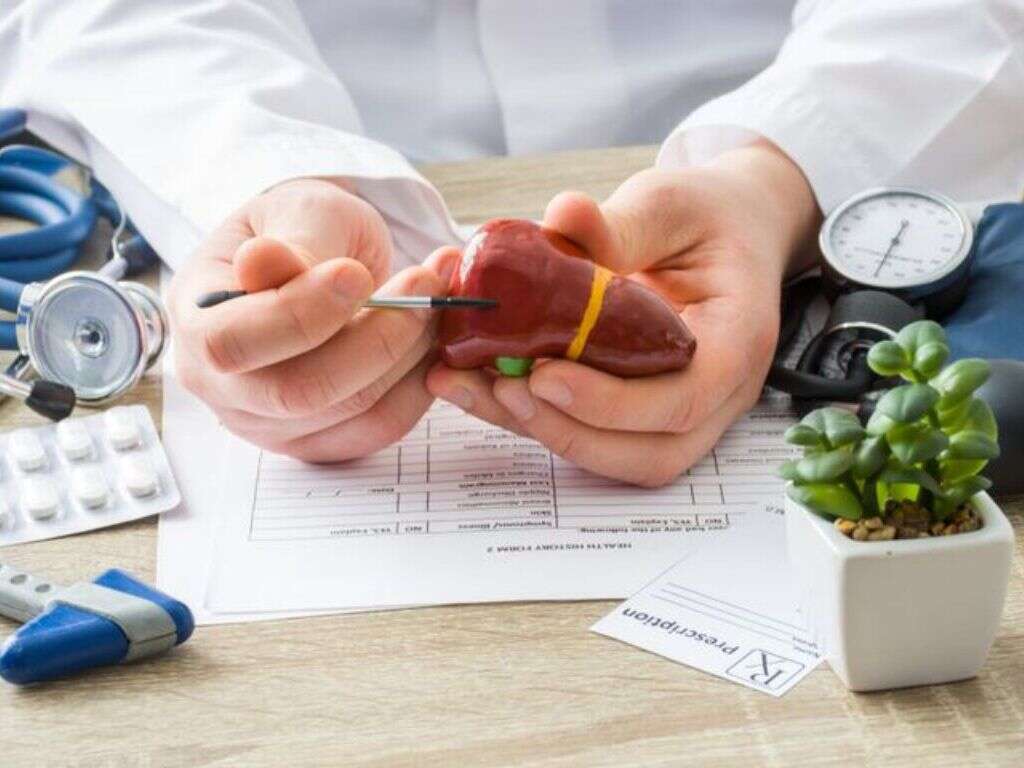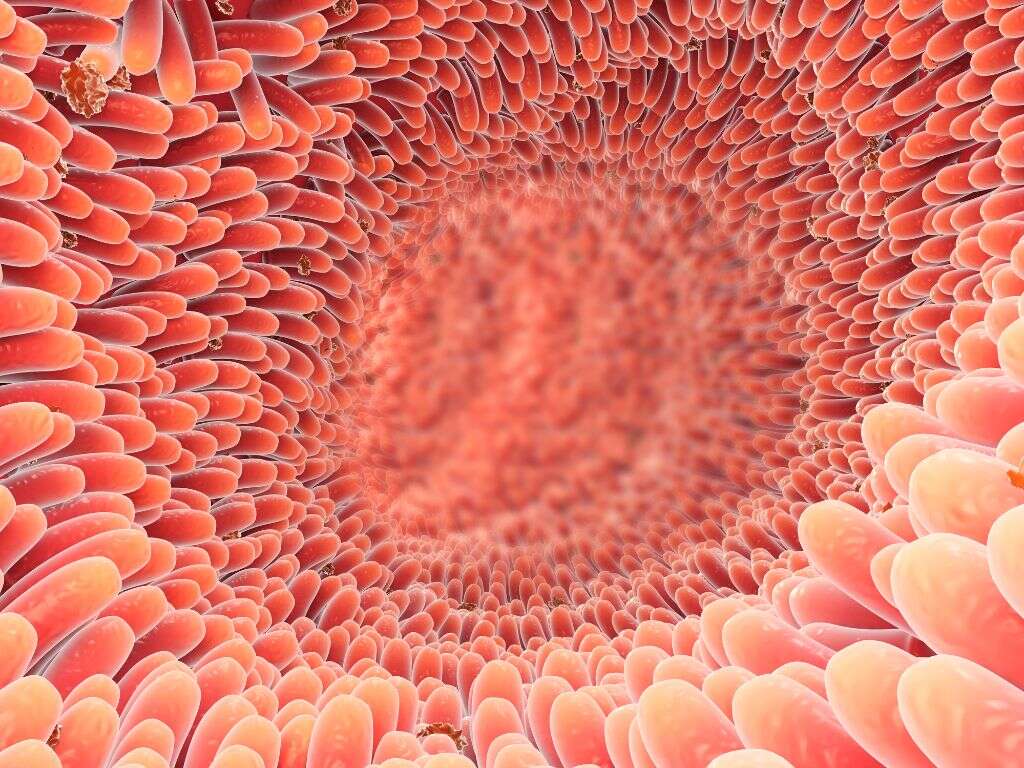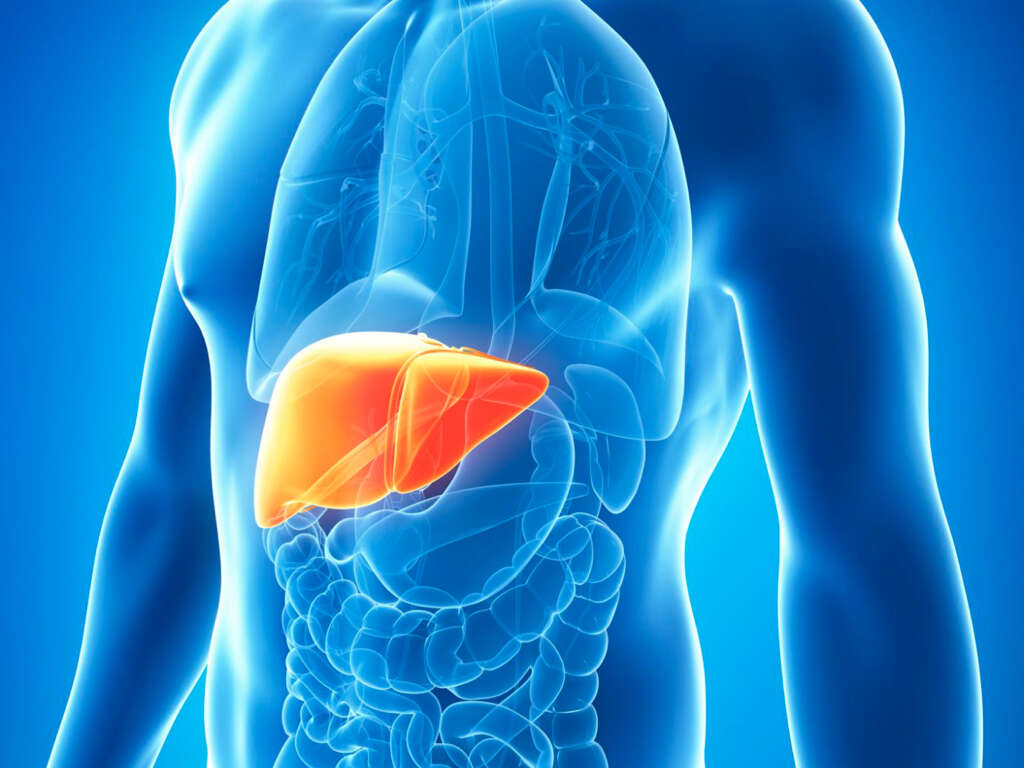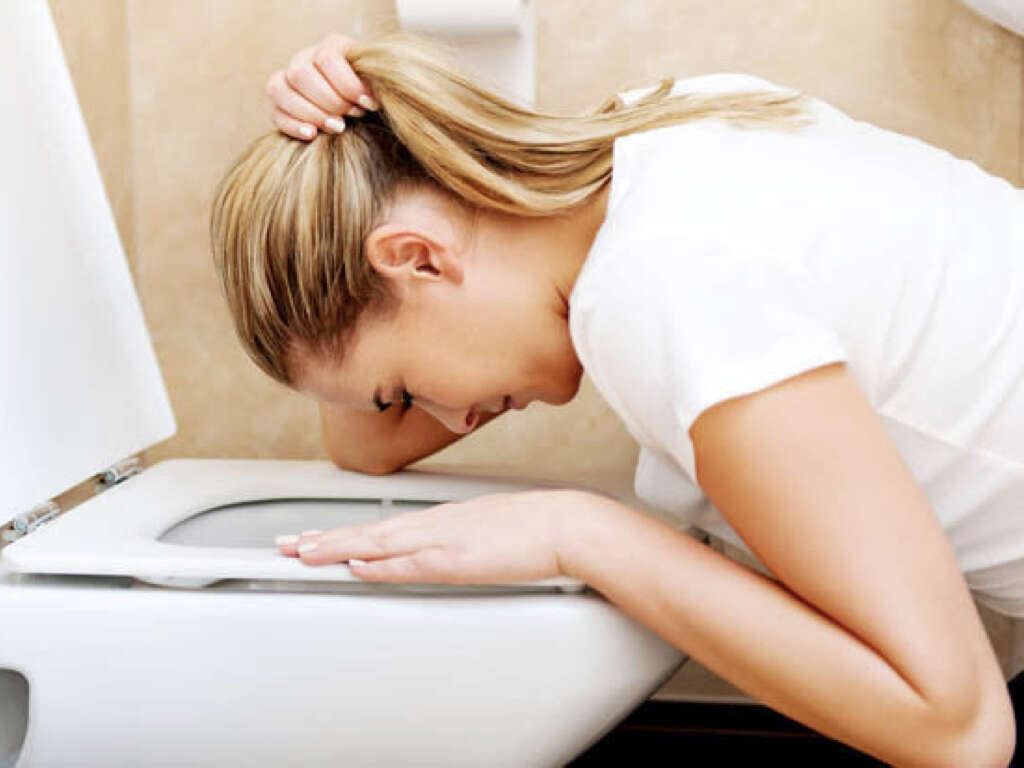10 Causes of Gallbladder Pain
The gallbladder is an organ shaped like a pear. It’s found in the upper-right side of the abdomen below the rib cage and it’s an important organ used for storing bile. This yellow-brown colored enzyme is made by the liver and is important for digesting food and excreting toxins from the body. The gallbladder can be a bit difficult to locate, considering it’s so small and it’s located directly by or beneath a number of other organs. Before being certain that you have gallbladder pain, it’s important to consider that you may also be experiencing pain that has something to do with your heart, your liver, or other parts of your digestive tract.
If you are experiencing pain in the gallbladder, chances are that the pain will be more significant at different times. Gallbladder pain tends to be more serious a couple hours after you’ve eaten a heavy meal, and it’s also more prominent at night time—some people find that they are unable to get a good night’s rest because their gallbladder pain interrupts their sleep. Gallbladder pain has also been known to have a tendency of moving upward toward your shoulder. Gallbladder pain is often persistent and doesn’t respond well to adjustments that people make to ease other digestive discomfort, such as moving, passing gas, or adjusting their position.
If you think that you are struggling with gallbladder pain, then you might be wondering what is causing it. It’s important to seek help from a medical professional, but the ideas listed in this article can give you some insight as to what might be contributing to your pain.
Cause #1: Gallstones
Gallstones are the first and foremost cause of gallbladder pain. Gallstones are hard, rock-like substances that can build up in the gallbladder as a result of bile being improperly produced or processed. If the gallbladder doesn’t empty itself of bile and if the enzymatic reactions that create bile are imbalanced, gallstones can build up as a result.
Gallstones can be quite small, but in serious cases they can grow quite large. A person can have a single large gallstone or lots of smaller gallstones. Many people develop gallstones and are entirely unaware, whereas others experience gallstones with a significant degree of pain. The pain is usually a result of one of these stones actually blocking one of your bile ducts. If you suspect that you have gallstones, it’s a good idea to talk with a medical professional. Changes in your diet can help to break these stones down so they’re easier to pass.
Cause #2: Acute Cholecystitis
Cholecystitis is the medical term used for gallbladder inflammation, and it can be a cause of significant pain. There are two main types of cholecystitis: acute and acalculous.
Acute cholecystitis is almost always a result of gallstones and the related complications caused by these stones. The pain usually emerges when one of these stones gets lodged somewhere in the gallbladder. This causes some degree of inflammation, which contributes to pain and other symptoms of digestive upset.
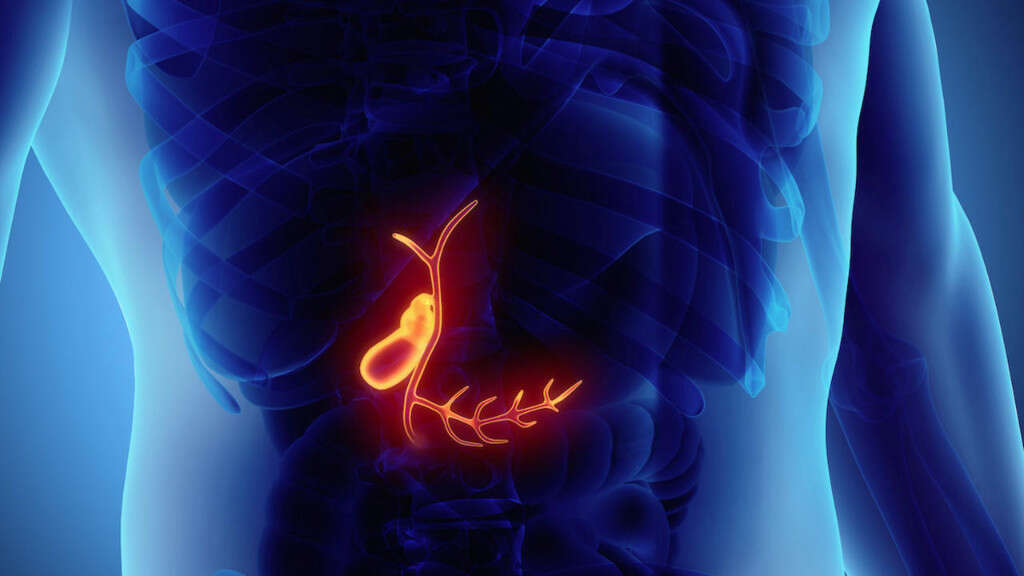
Cause #3: Acalculous Cholecystitis
In rare cases, cholecystitis can also occur when there are no gallstones present—in this case, the condition is referred to as acalculous cholecystitis.
This condition may be a bit less common, but the symptoms are largely the same—nausea, vomiting, fever, and other digestive issues. They result from similar issues, although gallstones are not the cause—some other issue is causing an interference to the production or processing of bile in the organ.
Cause #4: Biliary Sludge
Gallstones are a very solid, hardened substance that’s produced as a result of problems in the biliary tract. Biliary sludge is not as hard as a gallstone, but in a sense, they are similar.
Biliary sludge is a form of thickened bile that can build up in the gallbladder. This can inhibit the proper draining of bile and can cause a number of symptoms similar or identical to those caused by a gallstone.
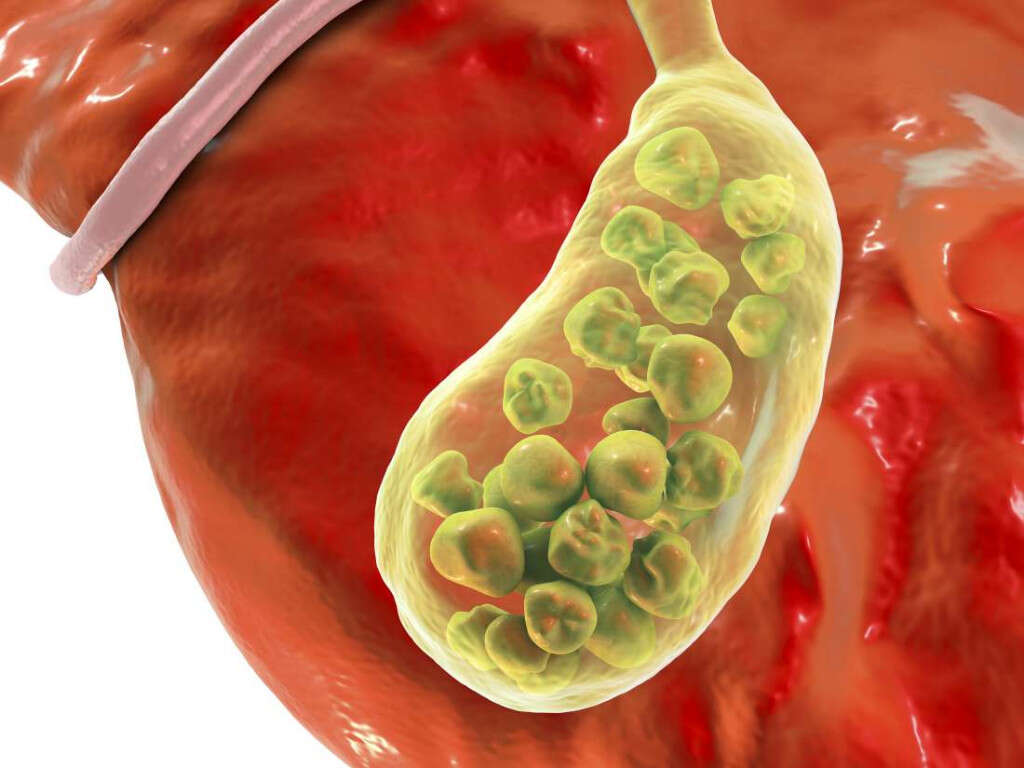
Cause #5: Acute Cholangitis
Acute cholangitis is a condition that can happen after someone has experienced an infection in their biliary tract.
These infections usually arise as a complication of a gallstone or from biliary sludge. In more serious cases, it can be caused by cancer in the gallbladder or in one of the related organs.
Cause #6: Ruptured Gallbladder
If you have been experiencing one of the other conditions marked on this list and have not been able to seek medical treatment for it, your gallbladder may actually rupture as a result.
If the gallbladder becomes extremely inflamed and you aren’t able to rectify the problem, it can grow to the point where it bursts. Acute, high-impact injuries can also rupture the gallbladder.
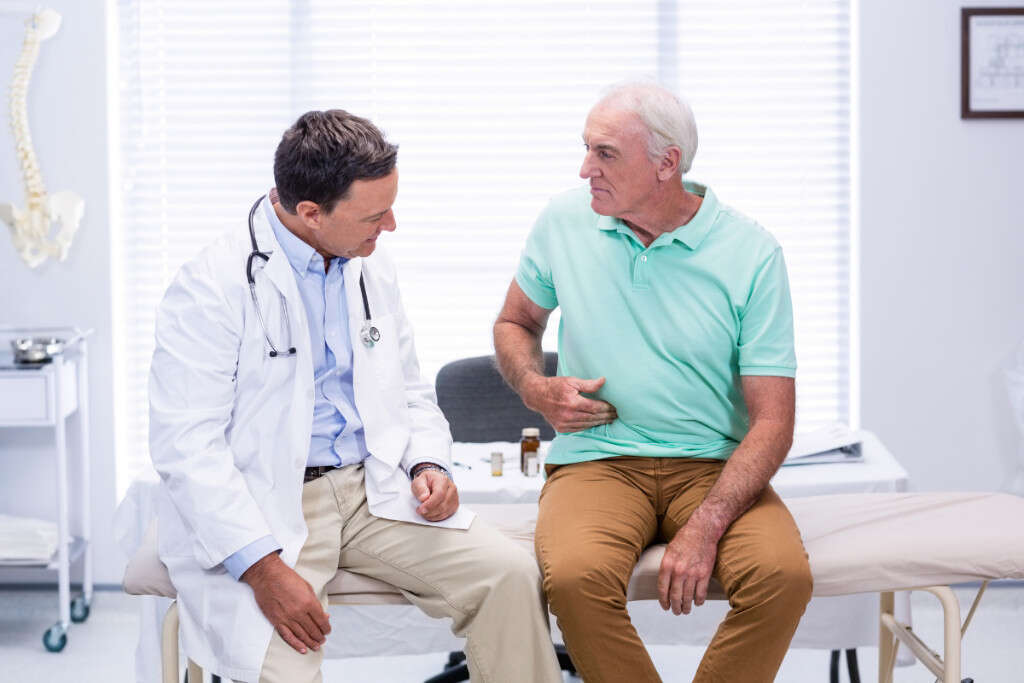
Cause #7: Biliary Dyskinesia
Biliary dyskinesia is a condition that affects the ability of your gallbladder to process and move bile. The condition occurs when a certain valve, known as the sphincter of Oddi, malfunctions.
This valve, which is involved with the movement of bile, is necessary for the proper functioning of the gallbladder.
Cause #8: Cancer
Cancer of the gallbladder is not very common, and unfortunately in most cases it’s not observed until the cancer is quite serious.
Symptoms of gallbladder cancer include pain, jaundice, nausea, and issues maintaining weight.
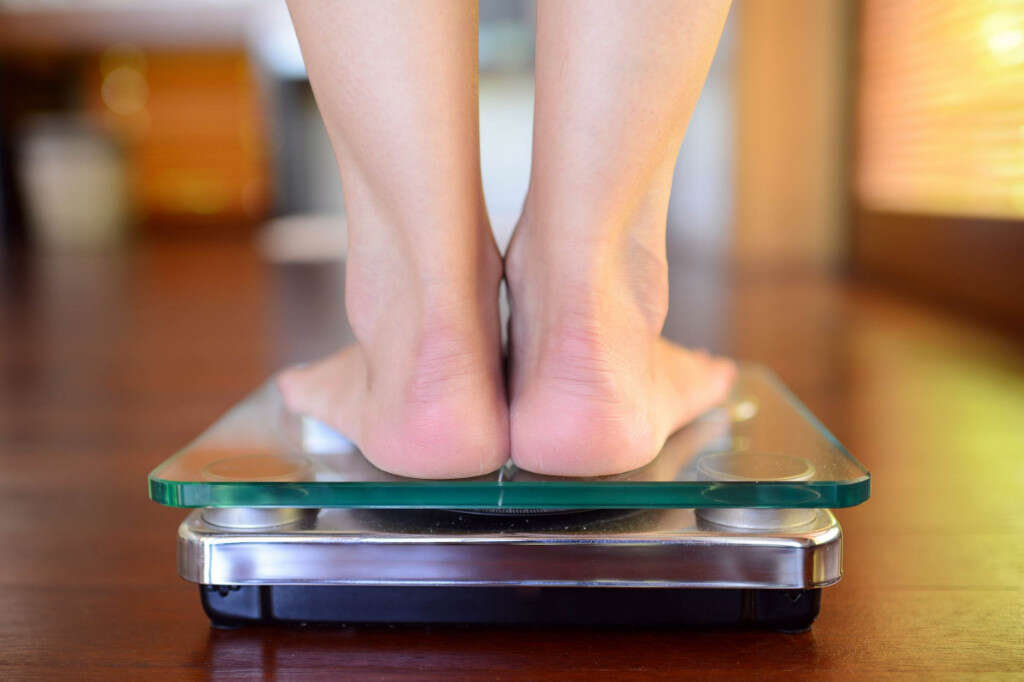
Cause #9: Sclerosing Cholangitis
Primary sclerosing cholangitis, or PSC, is a disease that is associated with inflammatory bowel disease. People with ulcerative colitis are most likely to get this disease, although doctors are uncertain as to its exact causes.
There are a number of symptoms that are associated with PSC, and one such symptom is pain in the gallbladder.
Cause #10: Functional Gallbladder Disease
Functional gallbladder disease is a term that’s used to describe a number of different gallbladder diseases that are caused by something other than a gallstone. There are a number of different diseases of this sort, and thus the symptoms may vary.
You may experience pain in the gallbladder that arises spontaneously and disappears just as quickly, or you may experience lingering chronic pain.





